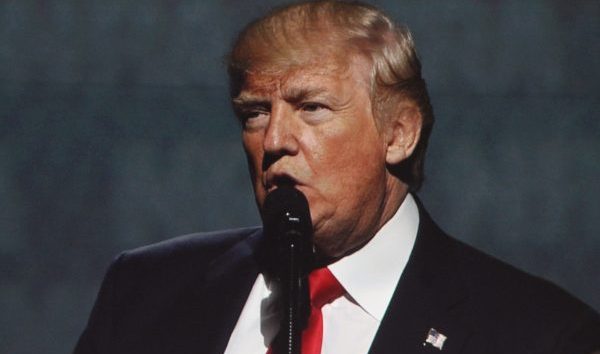
Question of the day: Are Donald Trump’s opponents stubborn or brain dead, because they’re beating a dead horse?
Last weekend’s release of a summary of Robert Mueller’s report confirmed that there had been no evidence found to say the president’s campaign had “conspired or coordinated” with Russia to win in 2016. But that’s not good enough for the diehards who refuse to acknowledge that Trump won and Hillary Rodham Clinton lost; that it was the Electoral College not the Kremlin that pulled the rug from under Hillary just when she was ready to prance into the Oval Office.
She should not have taken Wisconsin, Michigan, Pennsylvania, Ohio and Iowa for granted. And that’s why Democrats want to end the Electoral College, so that a handful of traditionally Blue states can call the shots in the national elections.
Maybe Donald Trump, Jr., put this in its proper perspective when, according to the Washington Post, he tweeted “It’s time to hold the conspiracy caucus in Congress accountable. These Democrat Truthers spent the last 2 years knowingly lying to the American people about collusion. They’ve disgraced their offices and should step down.”
Key Trump aide Kellyanne Conway called on Rep. Adam Schiff (D-CA), the chairman of the House Intelligence Committee, to resign.
Meanwhile, in “the other Washington,” the far left Seattle Indivisible held a “Resist Trump” rally at the Henry M. Jackson federal building on Tuesday, starting at 11:45 a.m. just in time to disrupt the lunch hour crowd.
President Trump has declared victory, although there are still some loose ends apparently to be tied up.
Now comes the time to add another perspective. The same voices that can’t get over 2016 are also the ones that think New Zealand Prime Minister Jacinda Ardern’s quick action to ban so-called “assault weapons” was a great idea.
But the National Review doesn’t think so, noting, “Prohibiting ordinary firearms is not a good policy, but if it were a good one, it would have been a good one a year ago — and it would still be a good one a year from now. Acting with a minimum of debate and reflection in the wake of a convulsive national horror may be the easiest way to enact sweeping legal changes, but it also is the worst way.”
Now the New Zealand government is also going after Free Speech, something that rights activists in this country have been warning about for years. According to USA Today, “New Zealanders are debating the limits of free speech after their chief censor banned the 74-page manifesto written and released by the man accused of slaughtering 50 people at two mosques in the city of Christchurch.”
How best to show that the suspected Christchurch killer was a dangerous nut, one might suggest, than to allow the public to read his “manifesto?”
Is the reason authorities want to stifle that document because it details one of the reasons why the suspect used guns was to touch off a conflict in the United States over the Second Amendment? Interesting question.
While Trump may not have been spotlessly vindicated by Mueller’s investigation, he’s a lot closer than his critics care to admit.
And while rights advocates may not have been calling it precisely for a couple of generations about the importance of protecting the Second Amendment to prevent erosion of the other Amendments — especially the First — what’s happening in New Zealand seems to provide an interesting scenario worth considering.